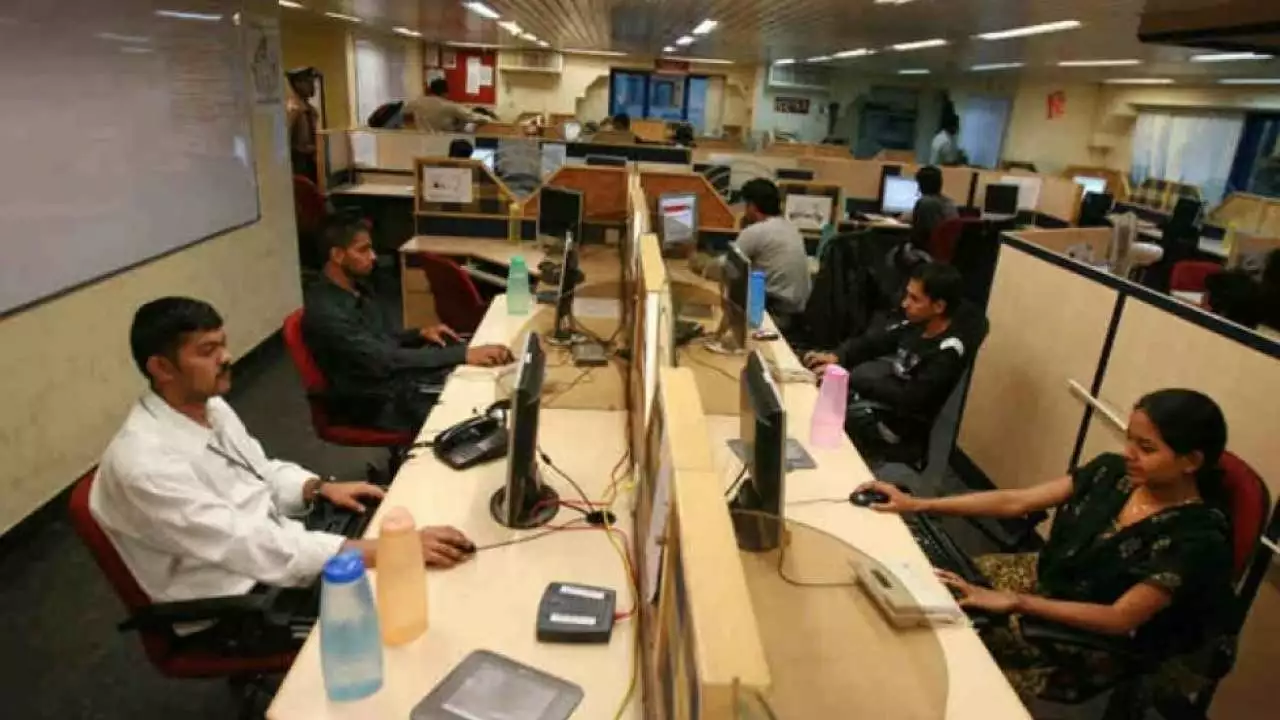Understanding the Bureaucratic Hierarchy
In my experience, one of the main reasons why government jobs in India receive criticism is due to the bureaucratic hierarchy that exists. The structure is so rigid that it often impedes efficiency and innovation. Employees are often bound by the rules and regulations, and there is little room for creativity or initiative. This can be incredibly frustrating for those who are eager, innovative, and want to make a difference. The end result is a work environment that is not conducive to growth and development.
Red Tape and Bureaucratic Procedures
Another major issue with government jobs in India is the excessive red tape and bureaucratic procedures. Every task, no matter how small or straightforward, requires multiple approvals and a mountain of paperwork. This not only slows down the work process but also discourages employees from taking on new projects or responsibilities. It is not uncommon for a simple task to be delayed for weeks, if not months, due to bureaucratic red tape. This lack of efficiency can be demotivating for employees and also result in poor service delivery to the public.
Corruption and Nepotism
Corruption and nepotism are rampant in government jobs in India. It is not uncommon for positions to be filled not based on merit but on connections. This can be incredibly disheartening for those who have worked hard and are more than qualified for the job. Furthermore, corruption often leads to a lack of accountability, meaning that those who are not performing their duties adequately are rarely held responsible. This lack of accountability can further contribute to inefficiency and poor service delivery.
Limited Career Growth Opportunities
Government jobs in India often offer limited career growth opportunities. Promotions and raises are often based on seniority rather than performance. This means that no matter how hard you work or how much you achieve, you are unlikely to move up the ladder unless you have been in the job for a certain number of years. This can be incredibly frustrating for ambitious individuals who want to progress in their careers. Moreover, this system can discourage employees from putting in their best effort, as they know that their hard work is unlikely to be rewarded.
Lack of Work-Life Balance
Government jobs in India are notorious for their lack of work-life balance. Employees are often expected to work long hours, including weekends and holidays, without any additional compensation. This can take a toll on employees' physical and mental health, and also strain their personal relationships. Furthermore, the lack of flexibility in work hours can make it difficult for employees to attend to personal matters or pursue hobbies and interests outside of work.
Outdated Technology and Infrastructure
Finally, one of the most significant challenges of working in a government job in India is dealing with outdated technology and infrastructure. Many government offices are still using antiquated systems and equipment, which can make work inefficient and frustrating. This also means that employees often lack the necessary tools and resources to do their job effectively. The lack of investment in technology and infrastructure not only affects the quality of work but also discourages talented individuals from pursuing careers in the public sector.
